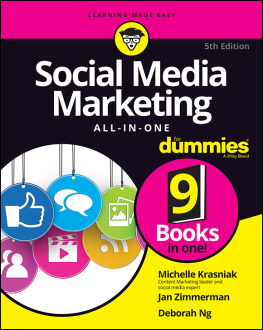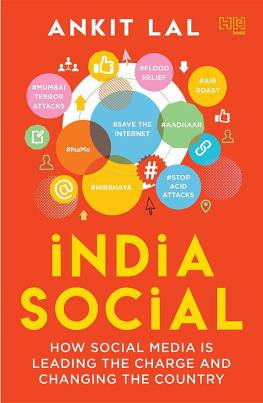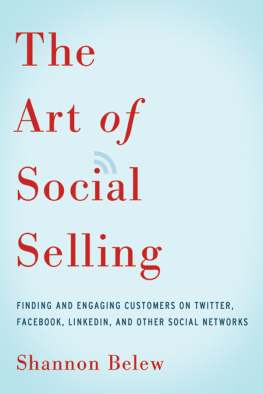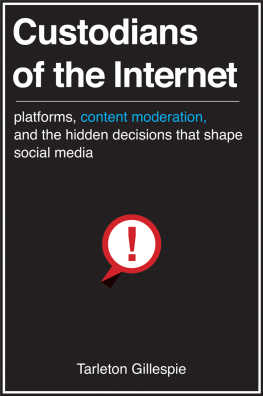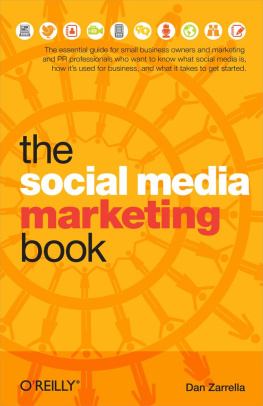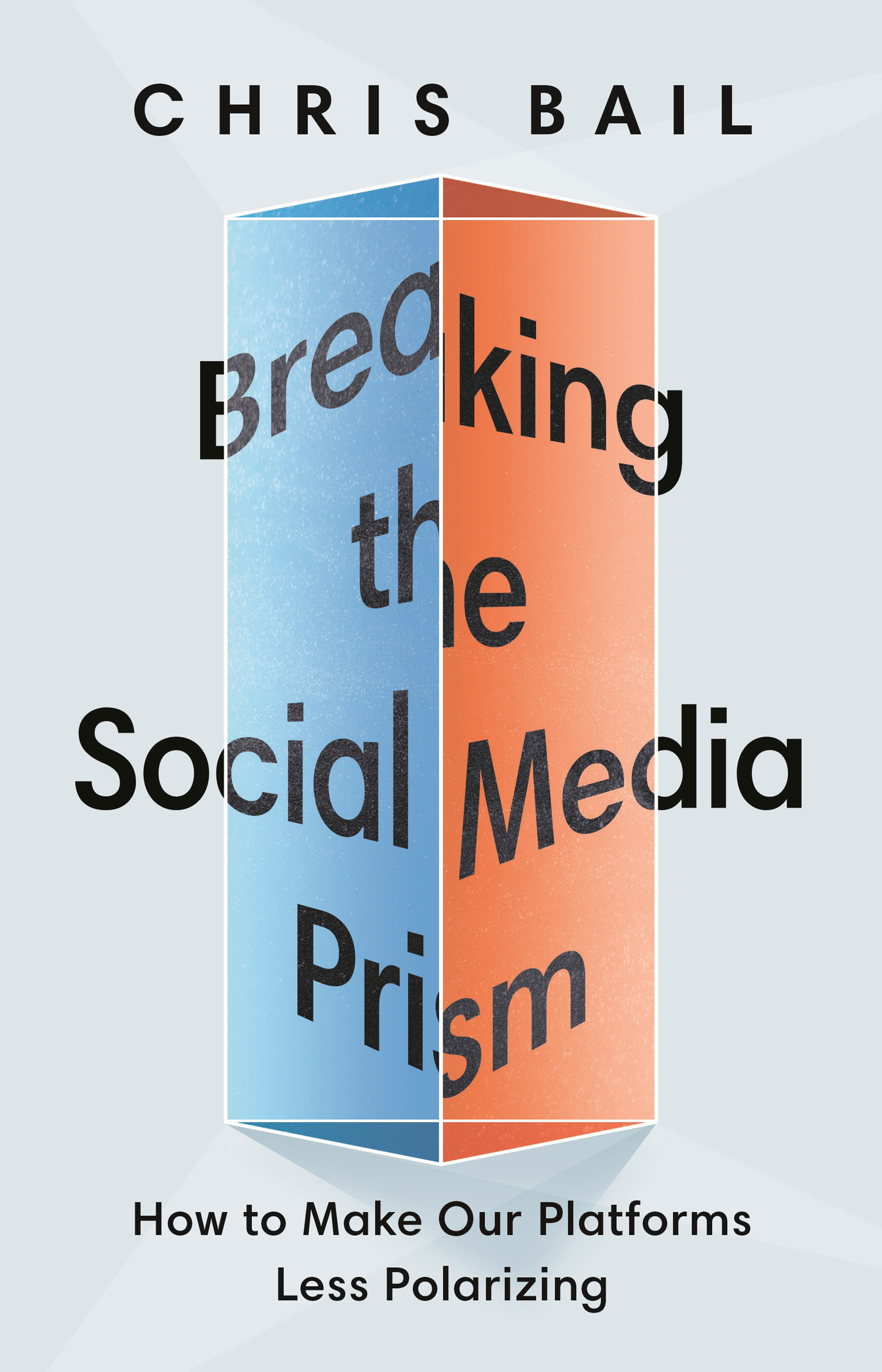Princeton University Press is committed to the protection of copyright and the intellectual property our authors entrust to us. Copyright promotes the progress and integrity of knowledge. Thank you for supporting free speech and the global exchange of ideas by purchasing an authorized edition of this book. If you wish to reproduce or distribute any part of it in any form, please obtain permission.
The Legend of theEcho Chamber
IS 4:30 P.M. Dave Kelly has just finished his workday at an advertising firm in early September, 2018, and pops a CD into the stereo of his aging car. He is preparing to do battle with a formidable enemy: the New Jersey Turnpike at the beginning of a holiday weekend. When Dave finally reaches the exit for his hometown more than one hour later, he stops to perform a weekly ritual. Each Friday night, Dave checks out half a dozen books from his local library, cracks a can of overpriced craft beer, and settles in to read for at least an hour. This week he has chosen a mix of well-thumbed paperback novels, a book about the latest advances in cancer research, and a thick tome on human nature by an evolutionary anthropologist.
Though he might not fit the stereotype of Donald Trump supporters, Dave voted for the former real estate magnate in 2016. Raised in a family of moderate Democrats, Dave veered toward the right in the 1980s because he was so impressed by the leadership of Ronald Reagan. But Dave is not a card-carrying member of the Republican Party. He cast two ballots for Bill Clinton in the 1990s, and takes liberal positions on most civil rights issues. Im perfectly happy with gay marriage, Dave says. I dont understand why you would want to make an issue out of that. But on economic matters, Dave is more libertarian. When he learned that New York City officials were considering a new law that would require businesses with more than five employees to provide two weeks of paid vacation, Dave warned, Theres gonna be a lot of companies that fire people to get away from that. Theres gonna be companies that just cant do it and are gonna go out of business.
Living outside liberal Philadelphiaand working in a profession dominated by DemocratsDave normally hides his conservative views. I have friends I wont discuss this stuff with, he says, because Im not going to change my mind and theyre not going to change theirsso whats the point? The few times he tried to start such conversations, he explains, things quickly became heatedand the only thing Dave hates more than New Jersey traffic is heated arguments about politics. Because he feels like an unwelcome minority in his day-to-day life, Dave describes social media as a kind of refuge. He originally joined Facebook and Twitter to escape politics and follow updates about his favorite television shows. But he kept finding himself getting sucked into political discussions.
Over the past few years, Davewho does not use his real name on social mediahas spent many late nights arguing with Democrats on Twitter. Remembering one of these conflicts, Dave said, Dont judge me I had a couple of beers. A local radio station, he explained, had reported a group of White supremacists were planning to march on the campus of a nearby university. Turns out theyre not, he says. The whole thing is a hoax. After reading more about the story, Dave learned that one of the groups that raised the alarm was the progressive Southern Poverty Law Center. They pretty much claim anyone whos to the right of Karl Marx is a hate group, he says. When he dismissed the incident on Twitter, another user quickly fired back, calling him a racist. I called her an idiot, he says. She didnt know what she was talking about, he decided, because she was only getting one side of the story.
But so is Dave. Though he prides himself on being informed, Dave gets his news from a conservative talk radio station, the right-leaning website Daily Caller, and Twitter. Of the several hundred accounts that he follows on Twitter, only New York Times columnist Bret Stephens could be described as centrist. Dave has consumed a steady diet of conservative views on social media for years. Each day, his feed gets filled with content from Fox News, posts by Trump and other prominent Republicans, and dozens of memes bemoaning liberal hypocrisy. Dave has even retweeted a few messages from Russian trolls masquerading as American conservatives along the way. And that drunken Twitter argument about the White supremacist march at a local university? It turns out that Dave used more colorful language than idiot to describe his liberal opponent that night.
The Echo Chamber about Echo Chambers
You might think you already know whats going on here: Dave is stuck in an echo chamber.
The problem, the story goes, is that our ability to choose what we want to see traps us inside echo chambers that create a kind of myopia. The more we are exposed to information from our side, the more we think our system of beliefs is just, rational, and truthful. As we get pulled deeper into networks that include only like-minded people, we begin to lose perspective. We fail to recognize that there are two sides to every story, or we begin listening to different stories altogether. Echo chambers have their most pernicious effect, common wisdom suggests, when people like Dave are unaware of them: when people think that they are doing research about an issue, but they are actually just listening to what they want to hear. When we encounter people from the other side, their views can therefore seem irrational, self-serving, orperhaps most troublinguntrue. If we could only step outside our echo chambers, many people argue, political polarization would plummet.
The concept of the echo chamber existed long before social media did.
Concerns about echo chambers gained added urgency with the rise of the internet and social media. In his influential 2001 book, He argued that algorithms employed by large technology companies made the echo chamber effect even worse. Facebook, Google, and other giant corporations exacerbate our built-in tendency to seek information that is aligned with our worldview via algorithms that recommend even more of such content to us. The most dangerous part of these algorithms, Pariser argued, is that social media users are not aware of them. Filter bubbles can preclude the very possibility of bipartisan interaction, Pariser warned, allowing our deeply biased views to go unchallenged.
Meanwhile, social scientists began to uncover substantial evidence of social media echo chambers as well. A 2015 study by data scientists at Facebook estimated only one-quarter of the content that Republicans post on Facebook is ever seen by Democrats, and vice versa.


